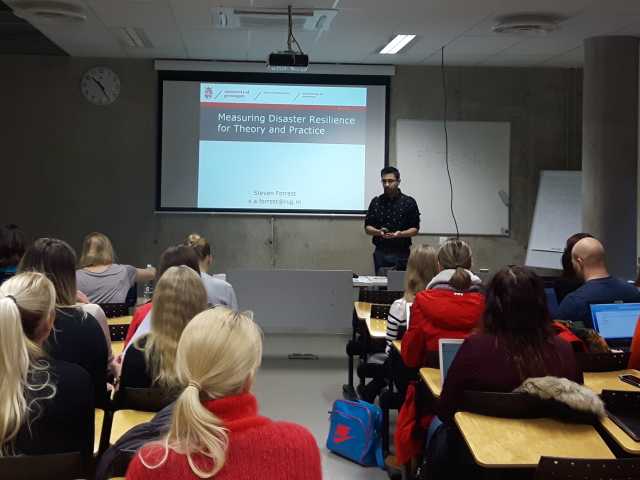Life is a rollercoaster of challenges and adversities that can sometimes feel overwhelming. Building resilience is crucial for maintaining mental strength and emotional well-being in the face of life’s ups and downs. Resilience is not about avoiding difficult situations but rather developing the ability to adapt, bounce back, and grow stronger from them. In this blog post, we will explore effective strategies to foster resilience, empowering you to navigate life’s obstacles with grace and emerge stronger and more balanced.
Cultivate Self-awareness
Building resilience begins with self-awareness. Take time to reflect on your emotions, thoughts, and reactions to various situations. Recognize your strengths and areas for growth. Understand your triggers and how you typically respond to stress. Journaling, mindfulness practices, or seeking professional guidance can aid in fostering self-awareness and understanding your emotional landscape.
Embrace Change and Acceptance
Life is ever-changing, and accepting this reality is crucial for resilience. Embrace change as an opportunity for growth and learning rather than resisting it. While some situations may be beyond our control, we can control how we respond to them. Practice acceptance and adaptability to navigate life’s transitions with a positive mindset.
Develop a Support System
Having a strong support system is a cornerstone of resilience. Surround yourself with positive and caring individuals who uplift and encourage you during challenging times. Whether it’s friends, family, or support groups, being able to lean on others can make a significant difference in your ability to cope with stress and bounce back.
Build Healthy Coping Mechanisms
Instead of turning to harmful habits to cope with stress, focus on building healthy coping mechanisms. Engage in activities that bring you joy and relaxation, such as exercise, meditation, hobbies, or spending time in nature. Developing a healthy routine can provide stability and empower you to deal with stress in a constructive manner.
Cultivate a Growth Mindset
A growth mindset is the belief that one’s abilities can be developed through dedication and hard work. Embrace challenges as opportunities for learning and growth rather than obstacles. View failures as stepping stones to success and use them as valuable learning experiences.
Practice Gratitude
Gratitude is a powerful tool for enhancing resilience and promoting emotional well-being. Regularly take time to acknowledge and appreciate the positive aspects of your life. Gratitude can shift your focus from problems to solutions and foster a sense of optimism and hope.
Develop Problem-solving Skills
Effective problem-solving is a crucial skill for resilience. Break down challenges into manageable steps and work towards finding solutions. Engage in creative brainstorming and seek advice from others if needed. By proactively addressing difficulties, you’ll feel more in control and better equipped to handle adversity.

Prioritize Self-care
Taking care of yourself is vital for building resilience. Prioritize self-care by getting enough rest, eating a balanced diet, and engaging in regular physical activity. Remember that self-care is not selfish; it enables you to be at your best and better support those around you.
Engage in Positive Self-talk
Monitor your self-talk and challenge negative or self-limiting thoughts. Replace them with more positive and empowering affirmations. Positive self-talk can build self-confidence and resilience by reinforcing a belief in your ability to overcome challenges.
Seek Professional Help
If you find yourself struggling to cope with stress or difficult emotions, don’t hesitate to seek professional help. Mental health professionals can provide guidance, support, and tools to help you build resilience and emotional well-being. If you want to find great tips and effective strategies to foster resilience, visit BibleKeeper to learn more.
Conclusion
Building resilience is a lifelong journey that requires consistent effort and practice. By cultivating self-awareness, embracing change, building a support system, and developing healthy coping mechanisms, you can navigate life’s challenges with greater ease and emerge stronger than ever. Remember that resilience is not about being invulnerable to stress but about bouncing back and growing from adversity. Embrace these strategies, and empower yourself to cultivate mental strength and emotional well-being for a more fulfilling and resilient life.
